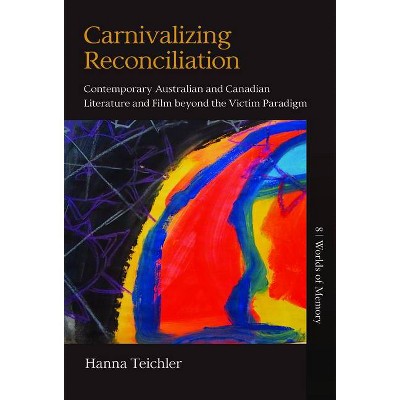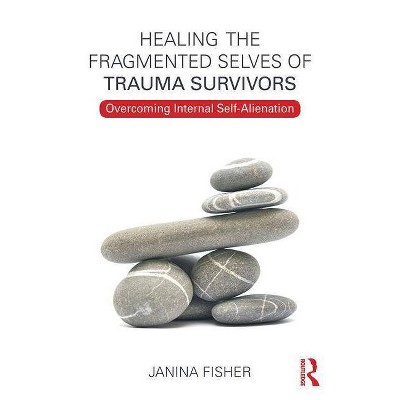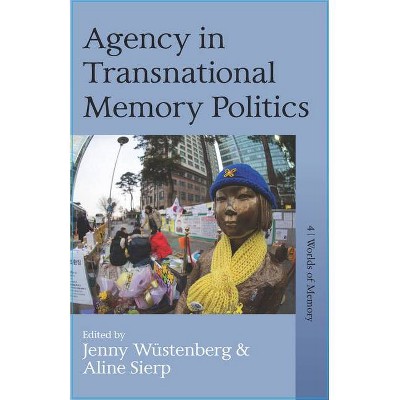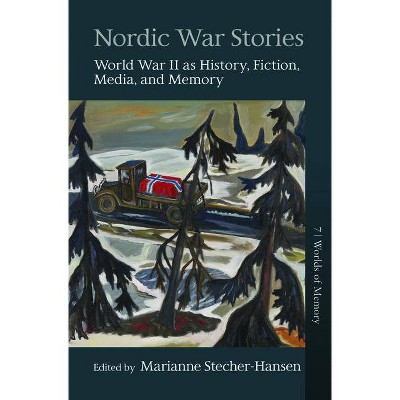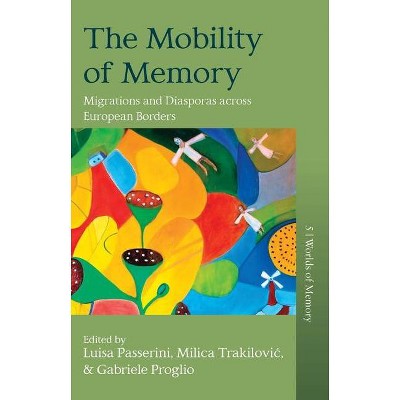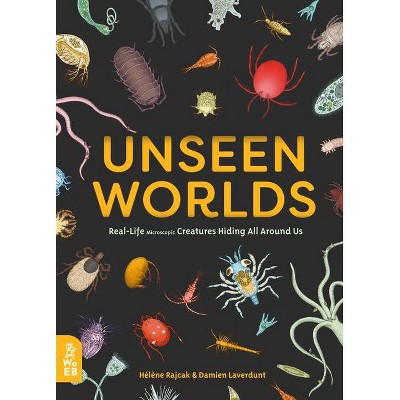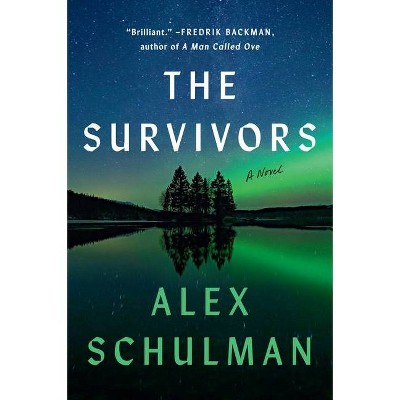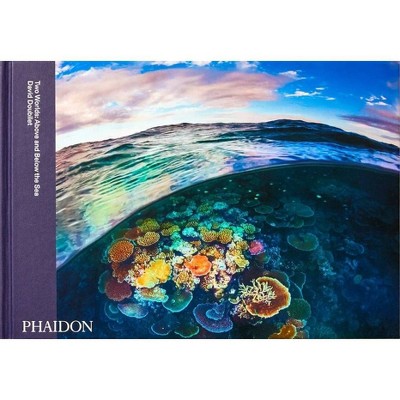Resettlers and Survivors - (Worlds of Memory) by Gaëlle Fisher (Hardcover)
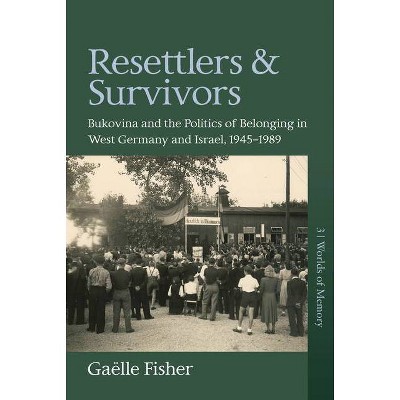
Similar Products
Products of same category from the store
AllProduct info
<p/><br></br><p><b> About the Book </b></p></br></br>"Located on the border of present-day Romania and Ukraine, the historical region of Bukovina was the site of widespread displacement and violence as it passed from Romanian to Soviet hands and back again during World War II. This study focuses on two groups of 'Bukovinians'--ethnic Germans and German-speaking Jews--as they navigated dramatically changed political and social circumstances in and after 1945. Through comparisons of the narratives and self-conceptions of these groups, Resettlers and Survivors gives a nuanced account of how they dealt with the difficult legacies of World War II, while exploring Bukovina's significance for them as both a geographical location and a 'place of memory.' "--<p/><br></br><p><b> Book Synopsis </b></p></br></br><p> Located on the border of present-day Romania and Ukraine, the historical region of Bukovina was the site of widespread displacement and violence as it passed from Romanian to Soviet hands and back again during World War II. This study focuses on two groups of "Bukovinians"--ethnic Germans and German-speaking Jews--as they navigated dramatically changed political and social circumstances in and after 1945. Through comparisons of the narratives and self-conceptions of these groups, <em>Resettlers and Survivors</em> gives a nuanced account of how they dealt with the difficult legacies of World War II, while exploring Bukovina's significance for them as both a geographical location and a "place of memory."</p><p/><br></br><p><b> Review Quotes </b></p></br></br><br><p> <em>"By establishing a new approach for Bukovina research, </em> Resettlers and Survivors <em>makes the reverberations of World War II visible for Europe as a whole and particularly for Bukovina Germans and Jews. It offers answers to how and why their experiences effected new conceptualizations of the past, of identity, and of home."</em> <strong>- Markus Winkler</strong>, LMU Munich</p> <p> <em>"Gaëlle Fisher manages, on the one hand, to provide insight into a lesser-known episode in the history of World War II. At the same time, through her own interpretation of the historical record, she illustrates through this special case a theoretical issue relevant to the concepts essential for a sociopolitical understanding of modernity and postmodernity: identity, alterity, difference, space, place, and memory."</em> <strong>- Andrei Corbea-Hoişie</strong>, Alexandru Ioan Cuza University, Iași, Romania</p><br><p/><br></br><p><b> About the Author </b></p></br></br><p> <strong>Gaëlle Fisher</strong> is a Postdoctoral Researcher at the Center for Holocaust Studies at the Leibniz Institute for Contemporary History in Munich, Germany. She holds a doctorate in history from University College London and has published articles in a range of journals, including <em>German History</em>, <em>The Leo Baeck Institute Year Book</em>, and <em>East European Politics and Societies</em>.</p>
Price History
Price Archive shows prices from various stores, lets you see history and find the cheapest. There is no actual sale on the website. For all support, inquiry and suggestion messagescommunication@pricearchive.us
